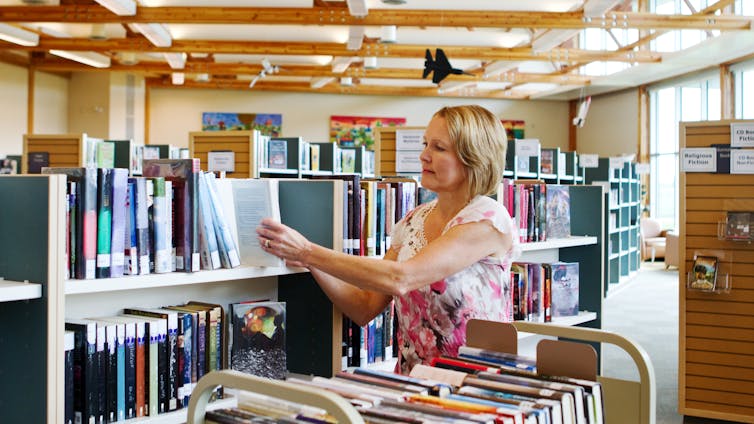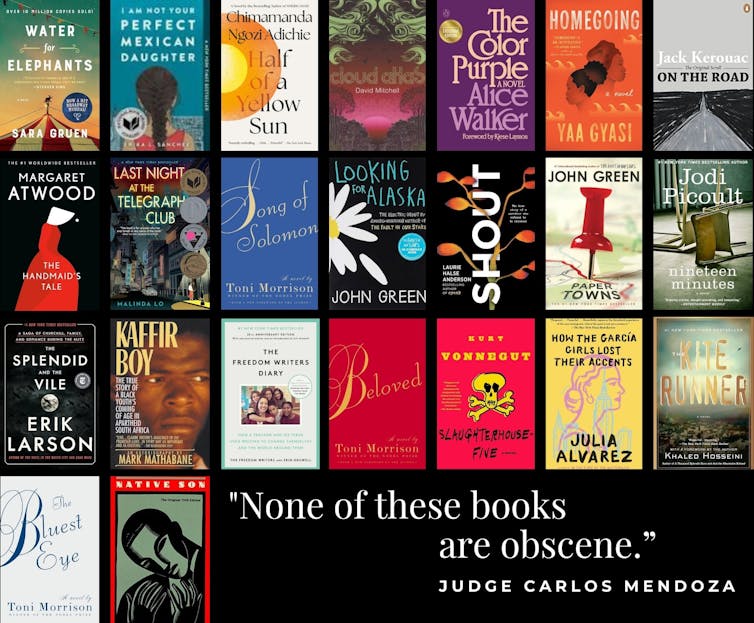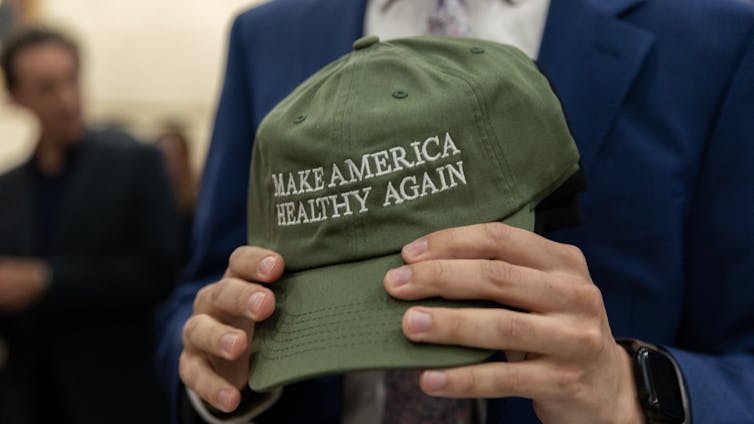Octocon is the Irish National Science Fiction Convention, and I’m on panels and giving a talk, online. I take seriously the fact that some people love all the things, but without Gillian. I used to joke about it with a “How to Avoid Me” guide. I decided to make things easier for antisemites by reintroducing these guides when I have time. Today I have time. (It’s either this or housework.) Here is that guide: happy Gillian-avoidance.
I’m giving Irish time and Australian time, thanks to the Octocon website, which translated everything for me. The easiest way of avoiding me is, of course, to strictly follow the Australian time and go to bed early. You can dream beautiful dreams instead of listening, say, to a talk on mostly-Medieval tricksters. Or, if you’re lucky enough to be in Dublin, go to the face to face versions of the panels.
Let’s start with tricksters. Do not be online or in the room streaming the online on Saturday 11 October at 11:30 IST or 21:30 GMT+11 (UTC+11 for those who GMT mystifies). You’ll be avoiding a talk and conversation on “Not the Usual Tricksters: Starting with the Middle Ages.” You will very happily miss hearing me snark about Robin Hood and talk about the origin stories that led to his trickster element. I may be polite about Renart (the Old French version) and Merlin (the Geeoffrey of Monmouth version). I will wax ecstatic about Ashmodai and his curious feet.
The conversation will all of us chatting about the tricksters of Western Europe. This conversation will be is less Commedia dell’Arte and more pop fantasy and folklore and regional traditions from the Middle Ages on. At this precise moment, I’m thinking about Evangeline Walton and Alan Garner and their stories about Welsh stories, but that’s this moment. Later today I plan to obsess (again) about Eustace.
The discussion bit will be open to most tales and most modern versions of tales. If people want to talk about Loki and other deities, we’ll save them until the end, because they get heaps of time in many conversations and Fulke Fitz Warin and Eustace the Monk do not. In my dreams someone informs us all about the Irish equivalents of both Eustace and Merlin.
Just this once, those tricksters who have historical evidence for their actual existence will be more important than those who are associated with building (Stonehenge and the First Temple come to mind) and anyone who existence only in literature (Renart) will be lesser players.
Why have I given you such a description? So that you can look up everything at your leisure and avoid me, of course.
Saturday, 13:00 IST or 23:00 GMT+11.
This is a classic What If… panel. Unfortunately for you, it has excellent panellists and one of the best moderators. I suggest watching online and turning the sound off when I’m talking.
Sunday 12 October 2025 at 10:00 IST or 20:00 GMT+11 is a Star Trek panel. Again, it has really good panellists (apart from me), but muting me twice would be boring for you. I suggest instead that you sing Star Trek themes whenever I speak. Or do your own version of the Charlie song from season one of the Original series. This way you avoid me, but get your Star Trek discussion… and it’s going to be a good one. Also, it turns the panel into a personal musical. If you feel the need to dance to the music, I won’t tell anyone.
Sunday at 11:30 IST or 21:30 GMT+11 is Historical Myths and How to (Not) Use Them. It’s online only, but… best avoid me and not the panel. After all, Jean Bürlesk is moderator and, unfortunately for you, the rest of the panel is also excellent.
This time I don’t suggest that you mute or sing. I suggest a drinking game. A slow, comforting half glass of something nice whenever I speak, a sip for every mention of a favourite historical myth, and a whole glass slugged down in a great hurry whenever the equivalent of an onstage costume change at Eurovision occurs. By the end of the panel you will have enjoyed a wonderful discussion on Historical Myths and also have an entirely sound understanding of why Australians love Eurovision so very much. (Just so’s you know, spellcheck wants to me change ‘Eurovision’ to ‘Neurosis.’)
And that’s it! That’s how to avoid Gillian while still enjoying every moment of Octocon.
PS If you’re avoiding me seriously and don’t even want to see my face, I suggest a moveable sticky patch to go on your computer screen. My favourite would be one with a koala and I can provide a picture for this, but stick figures are nicely universal and even easier. I do not recommend using super-glue.




